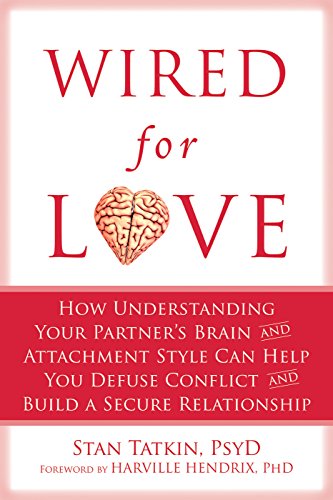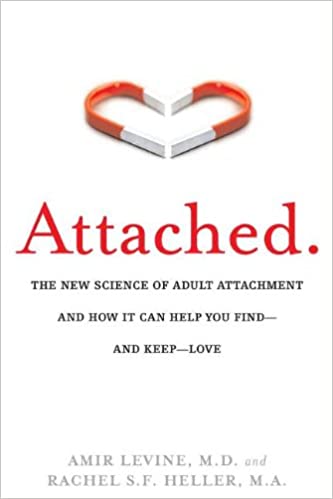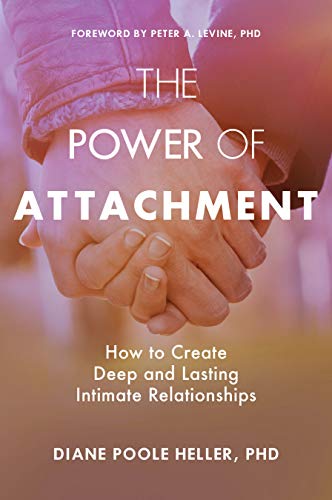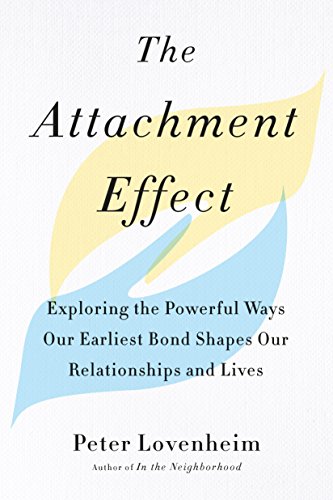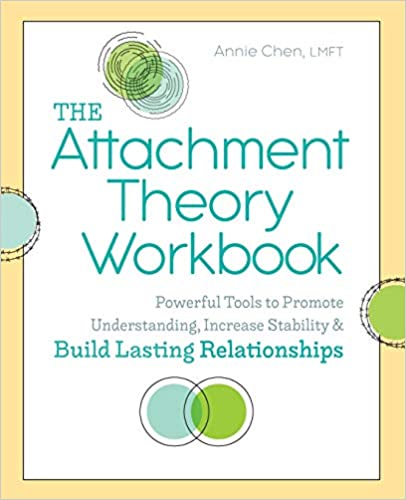|
|
Do you know your attachment style? How about your partner? If you’re unsure, using an attachment style quiz can help you learn more about the way you function in relationships.
Recommend reading: Wired For Love by Stan Tatkin Attached by Amir Levine The Attachment Project The Power of Attachment |
Attachment Styles |
|
The Attachment Project came out of the need to educate people about one of the most essential foundations of psychology, attachment theory.
|
Attachment is an emotional bond that forms in early childhood when we are 10 to 20 months old based on our parents’ behavior. Unconscious patterns become set in place by the time we are two years old. Our attachment styles shape the way we approach, communicate in, and effect our relationships. It might even predict the quality and duration of those relationships. The influence of attachment styles, however, spreads beyond that. It impacts the way we cope with stress, the way we interact in various social contexts (even at work), and most importantly, the way we feel about ourselves.
The four attachment styles
- Secure attachment style refers to the ability to form secure, loving relationships with others. A securely attached person can trust others and be trusted, love and accept love, and get close to others with relative ease. They're not afraid of intimacy, nor do they feel panicked when their partners need time or space away from them. They're able to depend on others without becoming totally dependent. All other attachment styles that are not secure are known as insecure attachment styles.
- Anxious attachment style is a form of insecure attachment style marked by a deep fear of abandonment. Anxiously attached people tend to be very insecure about their relationships, often worrying that their partner will leave them and thus are always hungry for validation. Anxious attachment is associated with "neediness" or clingy behavior, such as getting very anxious when your partner doesn't text back fast enough and constantly feeling like your partner doesn't care enough about you. It's the unpredictable fluctuation between caregivers being emotionally available and then distant that leads children to be anxious about all their future relationships.
- Avoidant attachment style is a form of insecure attachment style marked by a fear of intimacy. People with avoidant attachment style tend to have trouble getting close to others or trusting others in relationships. They typically maintain some distance from their partners or are largely emotionally unavailable in their relationships, preferring to be independent and rely on themselves. Caregivers are not responsive but are dismissive and often distant. They're consistently emotionally disconnected from their child resulting in the child believing that their needs won't get met.
- Disorganized attachment is a combination of both the anxious and avoidant attachment styles. People with fearful-avoidant attachment both desperately crave affection and want to avoid it at all costs. They're reluctant to develop a close romantic relationship, yet at the same time, they have a dire need to feel loved by others. The type of an environment that influences a disorganized attachment involves a caregiver who is frightening or traumatizing, leading to the child to experience a deep sense of fear and a lack of trust in others despite wanting close connections.
|
Wired for Love is a complete insider’s guide to understanding your partner’s brain and enjoying a romantic relationship built on love and trust. Synthesizing research findings on how and why love lasts drawn from neuroscience, attachment theory, and emotion regulation, this book presents ten guiding principles that can improve any relationship.
While there’s no doubt that love is an inexact science, if you can discover how you and your partner are wired differently, you can overcome your differences to create a lasting intimate connection. |
|
Is there a science to love?
In this groundbreaking book, psychiatrist and neuroscientist Amir Levine and Rachel S. F. Heller reveal how an understanding of attachment theory-the most advanced relationship science in existence today-can help us find and sustain love. Attached guides readers in determining what attachment style they and their mate (or potential mates) follow. It also offers readers a wealth of advice on how to navigate their relationships more wisely given their attachment style and that of their partner. An insightful look at the science behind love, Attached offers readers a road map for building stronger, more fulfilling connections. |
|
How traumatic events can break our vital connections—and how to restore love, wholeness, and resiliency in your life
From our earliest years, we develop an attachment style that follows us through life, replaying in our daily emotional landscape, our relationships, and how we feel about ourselves. The good news is that we can restore and reconnect at all levels, regardless of our past. Here, you’ll learn key insights and practices to help you:
|
|
A revealing look at attachment theory, uncovering how our early childhood experiences create a blueprint for all our relationships to come
Topics include: * What it means to be securely and insecurely attached * How our early childhood experiences create a blueprint for future relationships--and how to use those insights to gain self-awareness and growth * Why anxious and avoidant attachment types tend to attract each other, and how to break the negative cycle * How anyone can work to become "earned secure" regardless of their upbringing and past relationships. |
|
Build stronger relationships with strategies grounded in attachment theory
If you’re searching for a way to create stronger, healthier, and more authentic relationships with the people you love, The Attachment Theory Workbook can help. It’s your guide to understanding your own attachment style and exploring actionable exercises to improve honesty, intimacy, and communication with your partner, family, or close friends. This workbook offers:
|

